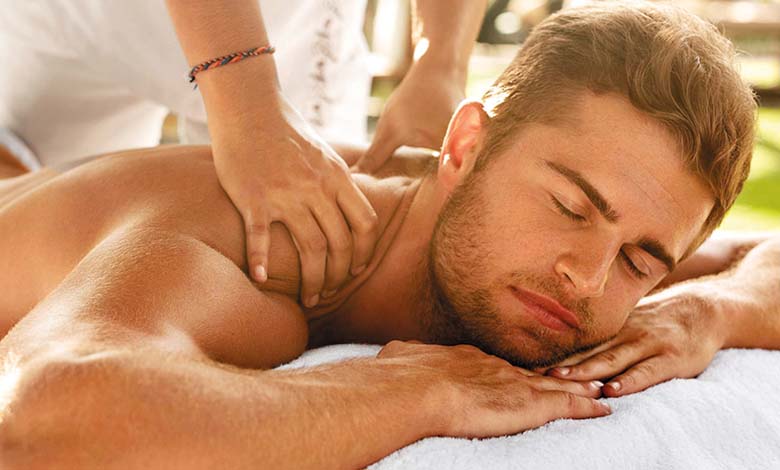Therapeutic Massage : Does It Really Help Relieve Stress?

Therapeutic massage has been used for centuries across various cultures, from traditional Chinese medicine to Indian Ayurvedic rituals. Today, it is widely acknowledged by healthcare professionals as a complementary therapy for alleviating both physical and emotional tension. But beyond its immediate relaxation effect, can massage truly relieve chronic stress and its impact on the body and mind?
Physiological Mechanisms of Relief
When someone receives a massage, several physiological responses are triggered. The parasympathetic nervous system is activated, promoting a deep state of relaxation. This leads to a lowered heart rate, decreased blood pressure, and a reduction in cortisol—the primary stress hormone. Simultaneously, the body releases endorphins and serotonin, which are neurotransmitters responsible for feelings of pleasure and calm.
These combined biological effects induce a sense of full-body relief and mental clarity. When experienced regularly, massage sessions can help retrain the nervous system to better cope with daily stressors.
-
Migraine – 8 things you can do to fight it
-
Group Walking: A New Trend to Combat Isolation and Mental Stress
Mental Health Benefits
Clinical studies have shown that therapeutic massage can significantly reduce symptoms of anxiety, mild to moderate depression, and insomnia. By relaxing muscles tightened by nervous tension, massage sends a signal to the brain: the threat is gone, and the body is safe to relax.
For those suffering from chronic stress, weekly massages can restore emotional balance, lessen intrusive thoughts, and improve focus. It’s not merely a luxury, but a therapeutic tool that enhances overall mental well-being.
-
Tyrosine Supplements and Brain Health: Can They Truly Enhance Memory Focus and Mood Under Stressful Conditions?
-
How to Avoid Physical Stress during Fasting? Effective Tips for Healthy Fasting
Various Massage Types for Different Needs
Not all massages provide the same benefits. Swedish massage aims to relax surface muscles and enhance circulation. Shiatsu, rooted in Japanese tradition, works with pressure points and energy flow. Thai massage combines dynamic stretching and meridian stimulation, while hot stone or aromatherapy massages offer a soothing sensory experience ideal for mental relaxation.
Choosing the right technique based on individual stress levels and physical conditions is essential to achieving optimal results.
A Complement, Not a Cure-All
While therapeutic massage offers significant benefits, it should not replace medical or psychological treatment when needed. Instead, it serves as a powerful complementary practice in a holistic approach to health. When combined with quality sleep, balanced nutrition, physical activity, and mindfulness, massage can become a key ally in long-term stress management.












